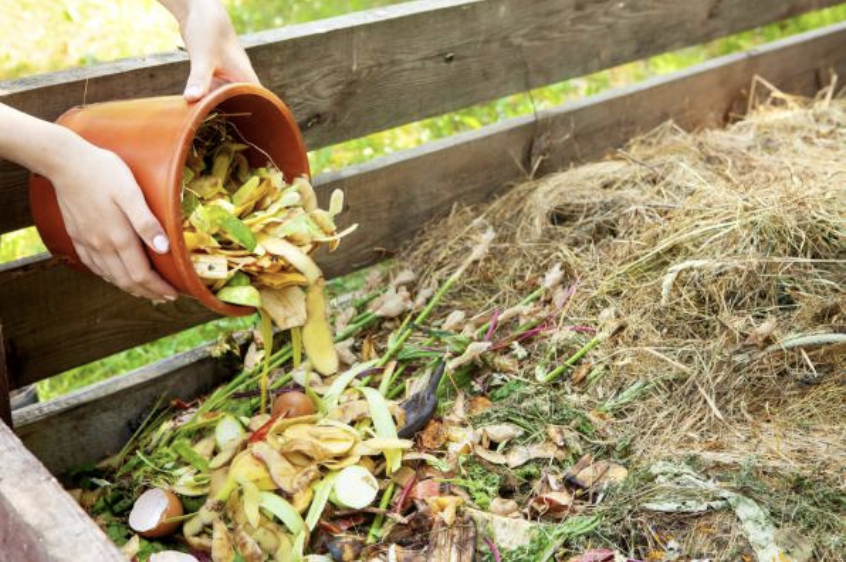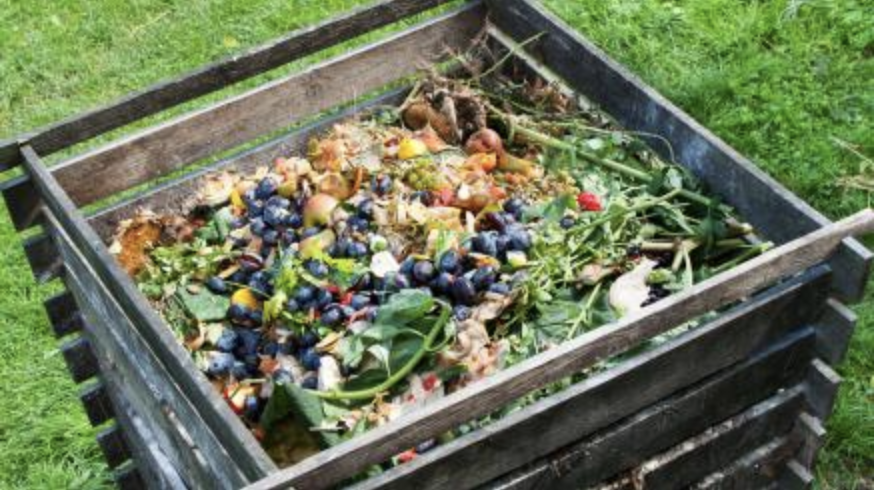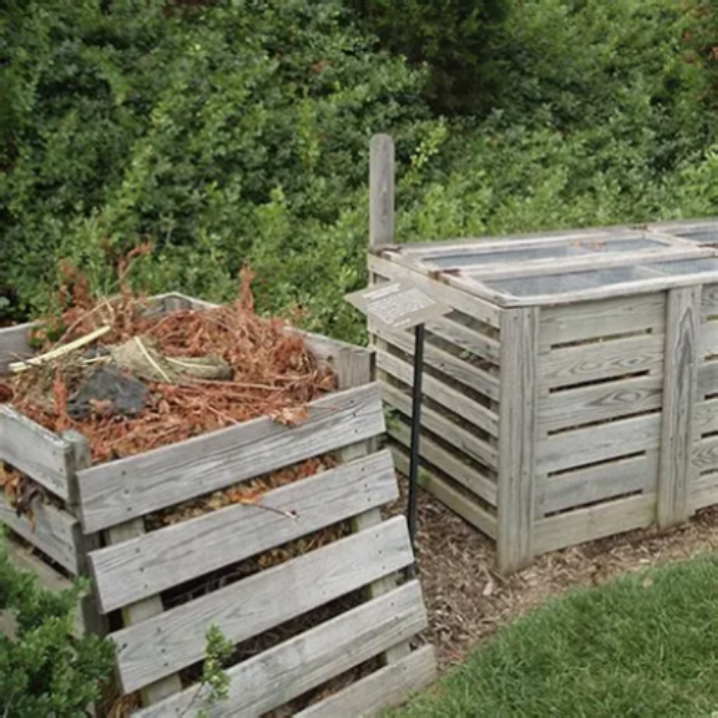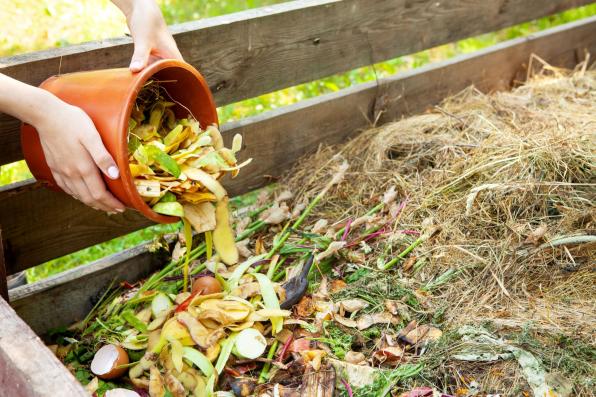
Emma and Tom, a couple living in a leafy London suburb, spent early 2025 upgrading their home to hit the UK’s new food waste diversion targets. They installed a sleek home compost system in their backyard—big enough to turn vegetable scraps, coffee grounds, and garden clippings into nutrient-rich fertilizer, and small enough to fit beside their patio. They followed every guideline: placing it three meters from their neighbor’s fence, lining the base with a protective membrane, and turning the compost weekly. By summer, they were proud to see their first batch of dark, crumbly compost, and even shared a bag with their next-door neighbor, Mrs. Henderson, who loved gardening.
Then, in late July, a record-breaking rainstorm hit. For two days, heavy downpours soaked the city, and when Emma checked the compost system afterward, she noticed a problem: the membrane had shifted slightly, and rainwater had mixed with compost leachate— the nutrient-rich liquid that seeps from decomposing waste—creating a small pool that trickled toward Mrs. Henderson’s basement. A day later, Mrs. Henderson knocked on their door, her voice tight with worry: the leachate had seeped into her basement, damaging a box of vintage family photos and a wooden cabinet she’d inherited from her mother. A restoration specialist quoted two thousand three hundred pounds to repair the damage, and when Emma called their home insurance company, she got a crushing reply: standard policies don’t cover damage caused by “self-installed waste management systems” like home compost bins. “We felt terrible—we’d tried so hard to do the right thing for the planet, but now we were letting down our neighbor and facing a bill we couldn’t cover quickly,” Tom said.

A friend who worked in sustainability policy suggested they look into Home Compost System Liability Insurance—a niche policy they’d never heard of, but one that was growing in popularity as more households adopted composting. They reached out to a UK insurer that specialized in eco-home coverage, and within 48 hours, they had good news: their policy would cover the full two thousand three hundred pounds for Mrs. Henderson’s repairs, plus eight hundred pounds to fix the compost system’s membrane and add extra drainage to prevent future issues. The insurer even sent a composting expert to inspect their setup, giving them tips on maintaining the system during heavy rain. “It wasn’t just about the money,” Emma said. “It was about making things right with Mrs. Henderson and not letting this one incident make us give up on composting.”
What surprised them most was how tailored the 2025 policies were to modern eco-friendly living. Many insurers now include not just property damage coverage, but also legal support if a local council flags a compost system for violating minor regulations (a common issue as cities update waste rules) and even coverage for pest-related claims—like if compost attracts rodents that damage a neighbor’s garden. A 2025 report from the European Compost Network found a 35% rise in home compost system installations across Europe, and a corresponding 42% increase in demand for this liability insurance. In the U.S., similar trends have emerged, with policies often covering up to five thousand dollars in neighborly damage and offering free annual compost system checks.

By autumn, Emma and Tom’s compost system was back in use, and Mrs. Henderson’s basement was fully restored. “We tell everyone we know who’s thinking about composting to get this insurance,” Tom said. “It lets you live sustainably without worrying that one small mistake will turn into a financial disaster.” For millions of households across Europe and America in 2025, Home Compost System Liability Insurance has become more than just a safety net—it’s a way to embrace eco-friendly habits with confidence, knowing that both their planet and their neighbors are protected.


